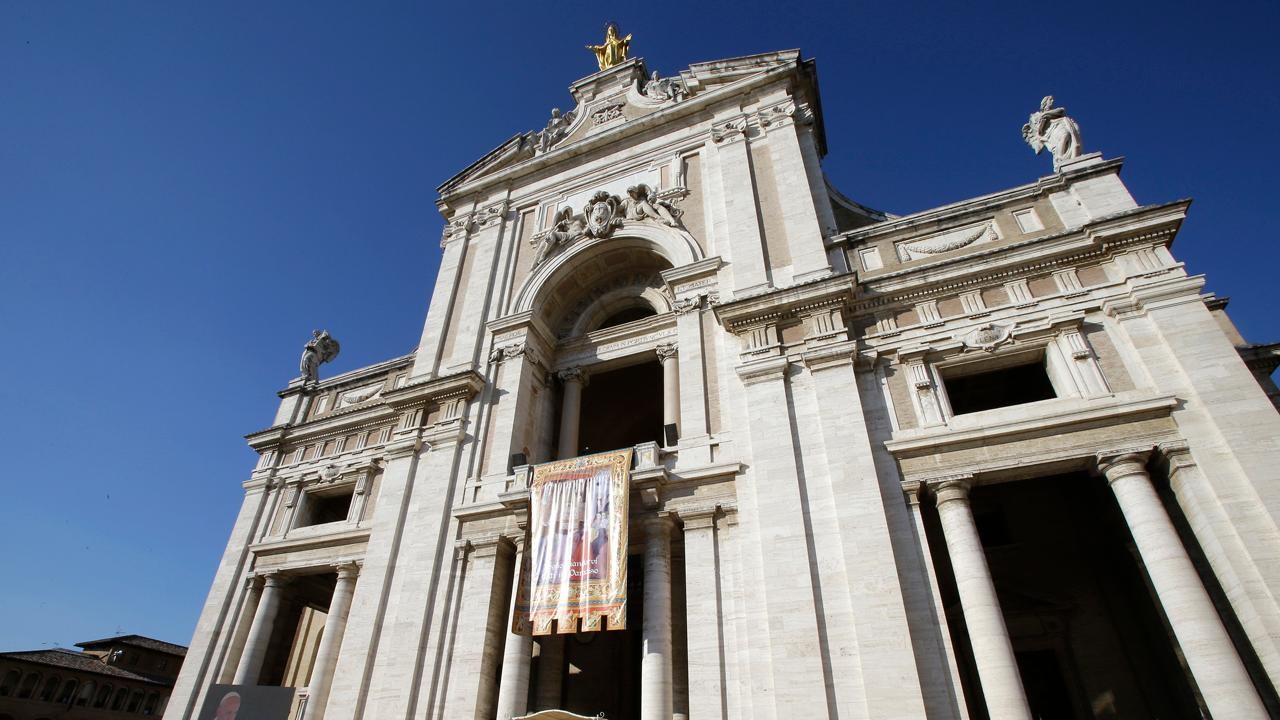Pope slams credit default swaps, calls derivatives a ‘ticking time bomb’
Credit default swaps, which helped precipitate the 2007-2008 financial crisis, are an unethical investment that “permit gambling at the risk of bankruptcy of a third party,” the Vatican wrote in a financial manifesto released on Thursday.
A credit default swap (CDS) is essentially an insurance policy for investors who buy company bonds. It’s an IOU in the event of default that can be bought and sold on the open market. The policies pay if the bond issuer fails to repay the debt, so a CDS becomes more valuable if the issuer is expected to default.
During the housing crisis, financial institutions bundled risky subprime mortgages into bonds and securities that resembled bonds. Investors bought credit default swaps assuming consumers were going to default on their loans, and many of them did, forcing defaults on the subprime mortgage bundles. Investors who held credit default swaps received payouts.
The famed investors who profited during the financial crisis, profiled in “The Big Short,” bought CDS default insurance without ever buying the flawed mortgage bundles they were effectively betting against. This practice has been criticized as speculation.
The Vatican chastised this economic practice as “gambling on the failure of others,” which is in contrast to the ethics it believes should underlie the structure of the entire economic system.
“The process of acquiring these instruments [CDS products], by those who do not have any risk of credit already in existence, creates a unique case in which persons start to nurture interests for the ruin of other economic entities, and can even resolve themselves to do so,” it said.
The Vatican, which suggested these practices still run rampant, reasoned regulation was necessary and needed to be modern and malleable. The 15-page commentary alleged that deregulation precipitated economic crises, at a time when the Trump administration is focused on cutting red tape.
“Where massive deregulation is practiced, the evident result is a regulatory and institutional vacuum that creates space not only for moral risk and embezzlement, but also for the rise of the irrational exuberance of the markets, followed first by speculative bubbles, and then by sudden, destructive collapse, and systemic crises,” it said.
The Vatican also insisted business schools and other higher learning institutions should infuse religious teachings into their curricula in order to instill ethics into financial actors.
Pope Francis has been an outspoken critic of capitalism, comparing its excesses to the “dung of the devil.”




















